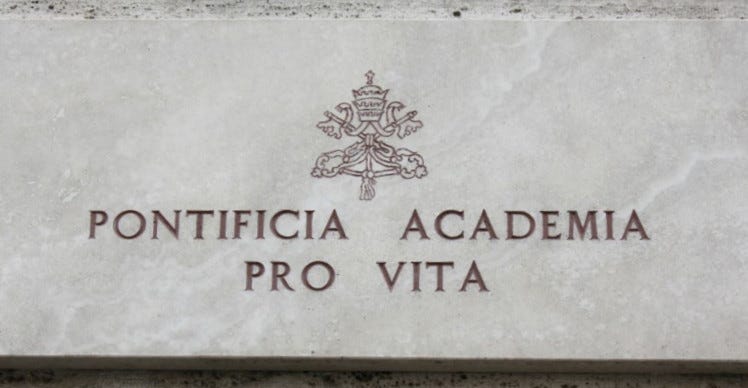What is the Pontifical Academy for Life's plan on contraception?
Analysis
Archbishop Vincenzo Paglia made headlines this week, after he told a journalist Friday that a 1978 law decriminalizing abortion is a “pillar” of Italian “social life” and is “absolutely not” up for discussion in the country.
The archbishop, who is president of the Vatican’s Pontifical Academy for Life, has pushed back against Catholic criticism of his re…

